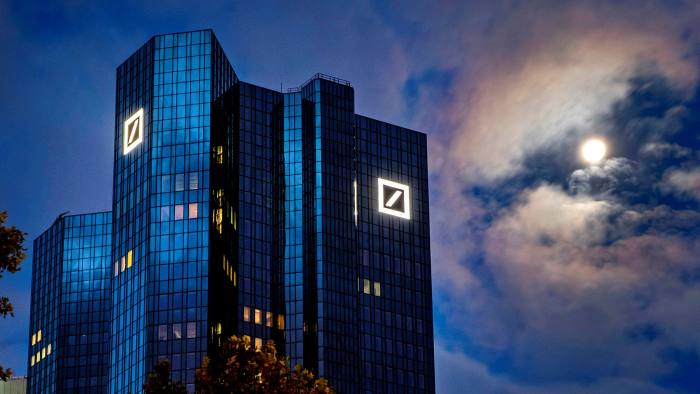The recent decline in Deutsche Bank’s share price has sparked concerns about the state of the global banking system and the possibility of another financial crisis. The fact that major commercial banks are considered “too big to fail” and are often bailed out by governments to avoid widespread economic collapse only adds to these fears.
“TO BIG TO FAIL”
Mounting debt levels in the U.S. and other countries are raising concerns that the situation this time may be different. While politicians may delay addressing unsustainable debt levels, the market is starting to feel the effects of this issue. The back-and-forth between interest rate hikes and quantitative easing programs by central banks is not meant to solve the systemic issue of government spending more than it earns.
Rather, the Federal Reserve and U.S. Treasury are working to safeguard the position of the U.S. dollar as the global reserve currency. However, this short-term solution may have long-term consequences, including the threat of hyperinflation.

Investors are turning to alternative investments such as Bitcoin due to these economic concerns. Bitcoin has been touted as a potential hedge against inflation because of its limited supply and decentralized nature. Despite criticism from some commentators, the recent surge in Bitcoin’s price suggests that the inflation hedge thesis may be back in play.
However, the connection between Bitcoin and inflation is intricate and challenging to forecast. Inflation was on the rise in 2021 and early 2022, and Bitcoin’s price fell, causing many to dismiss the idea that Bitcoin could be an inflation hedge. Nevertheless, some members of the Bitcoin community continue to hold this conviction.
They argue that the inflation was due to systemic supply chain shocks caused by the pandemic and not monetary inflation. Therefore, the idea that Bitcoin could act as a lifeboat during the devaluing of the U.S. dollar may still hold true.
The decline in Bitcoin’s price in the past was also partly due to the unwinding of fraud and leverage from certain players in the cryptocurrency market. As the market continues to mature, the value of Bitcoin as a hard money asset may become more apparent to investors.
To conclude, the recent decline in Deutsche Bank’s share price highlights the vulnerability of the global banking system and the potential for a new financial crisis. While politicians and central banks may try to avoid the issue, the mounting debt levels of governments and the threat of hyperinflation indicate that a historic economic correction may be on the horizon. Some investors are turning to Bitcoin as a potential hedge against these risks, but the relationship between the cryptocurrency and inflation remains complicated and difficult to predict.




